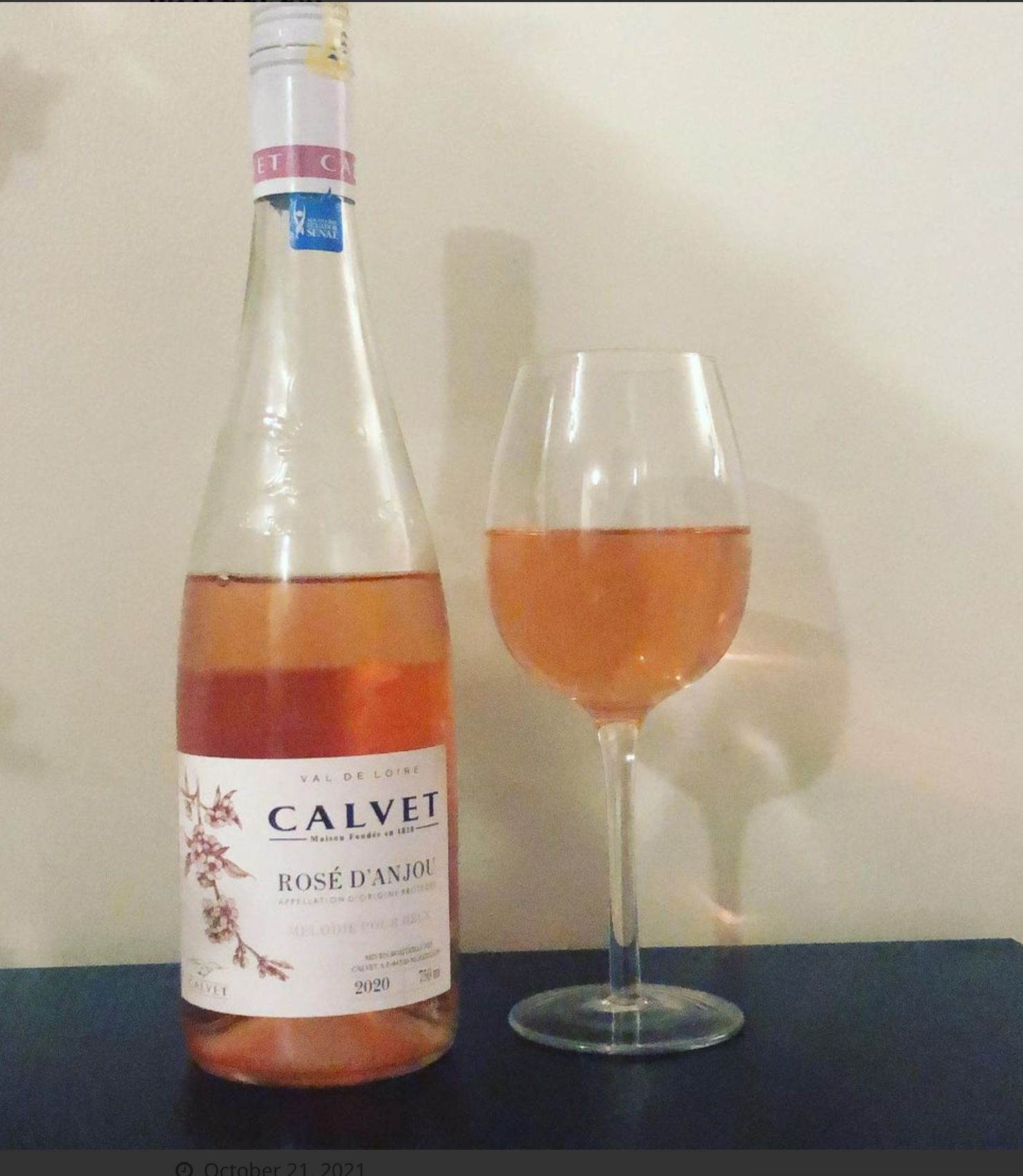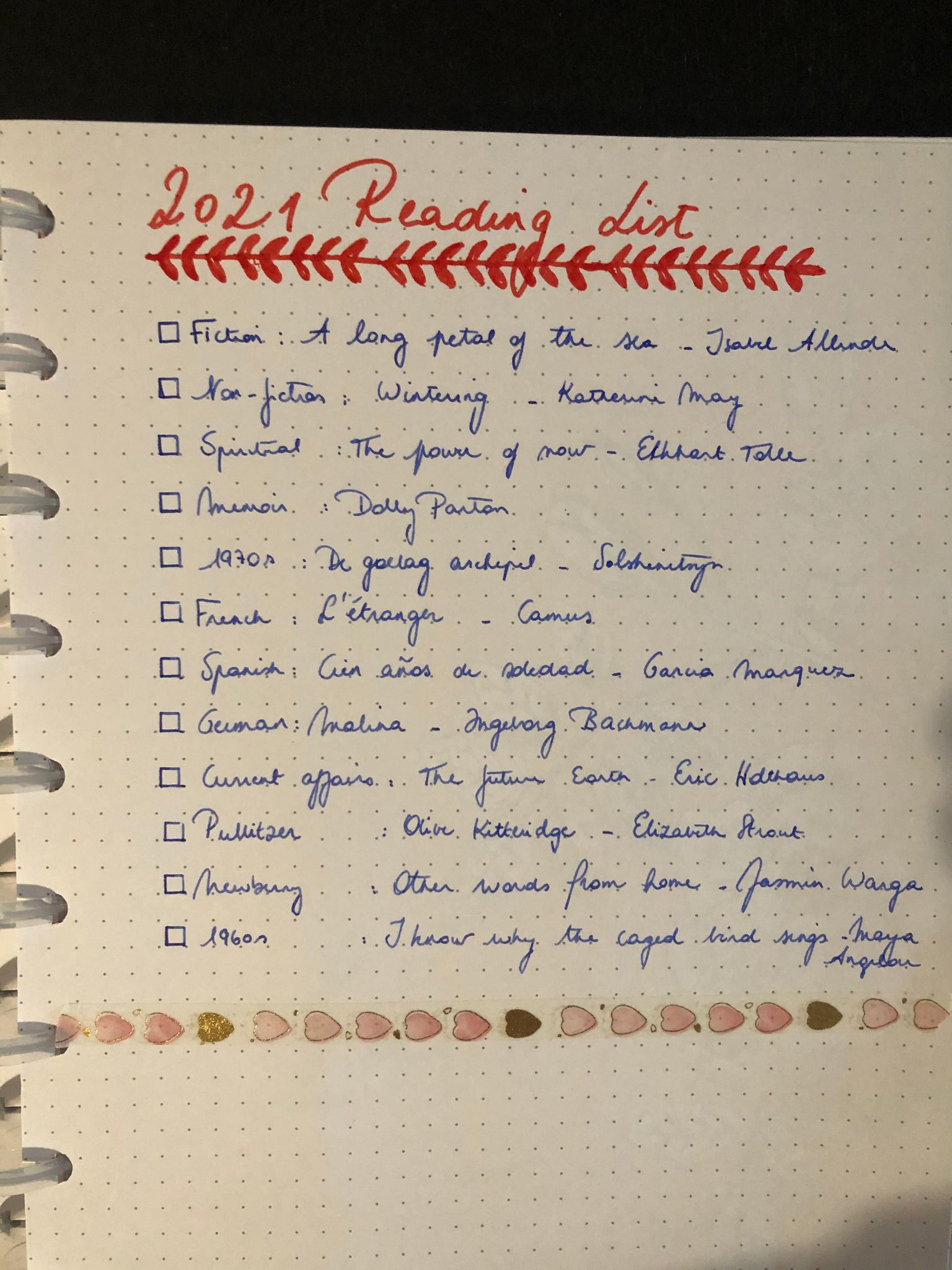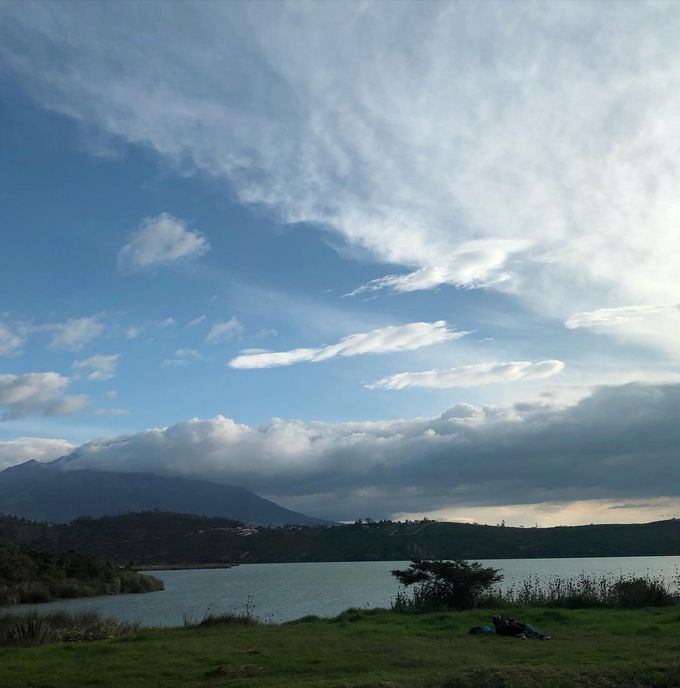
What is more important than being a top 2% scientist
And rankings and papers are not the most important. I hope that my students will remember me as fondly as I remember my daily supervisor from my PhD – I hope my legacy is to be compassionate, helpful, guiding, a good listener, a deep thinker, and generally nice to work with. https://t.co/aXdFngtI1j
— Dr Eva Lantsoght (@evalantsoght) October 27, 2021
Continuing on the topic of the Ioannidis ranking of scientists, I want to stress here that the legacy I try to build with my work is more important than the citations and the publications. Here are a few things I hope those who work with me will remember:
- Compassion is my core value. I’ve talked and blogged about the value of compassion in teaching, on my methods of putting compassion center and front to my teaching, and I am still working on further thoughts on this topic. I have a number of books on compassion, mostly from an Eastern philosophical standpoint, on my ereader, and I hope that this deeper dive into the topic will strengthen my foundation of this value.
- While I’m naturally impatient, I try not to act on my impatience and be helpful instead. I try to see my first impatient, snappy reaction, and let it flow away like a wave (sounds easier than it is, and I certainly don’t always manage to remain unmoved). Especially when it comes to emails, I will check with myself first if I want to react in a grumpy way – is it necessary? Is it true? Most of the time, I will find that it is my reaction to the situation, and that grumping is not going to solve anything.
- I hope to be a good mentor for my graduate students. I had the kindest, smartest, nicest daily supervisor one can imagine during my PhD. Many times, when I don’t know what to do, I when I don’t know what to do, I ask myself what I would imagine him do in this situation. It’s my twist on WWMD*. When in doubt, I ask him for his advice. And with that, I hope to be a bit like him, and a good mentor for my students.
- I’m naturally quiet, so listening comes easy to me. To listen fully, however, is a skill we all need to practice. To really listen without jumping on to react is a skill. Try this for yourself: if you are listening to someone, how quickly do you start to think about an answer, an advice, or any other form of follow up? I’m trying to learn to listen with my full attention, instead of being busy with my reaction.
- In how I organize my weeks, I need time to sit and think. I love sitting in my office, writing papers, thinking about things, reading, or looking at data. I know that I need my time to sit and think. In addition, with my recent work that has ventured outside of the field of structural engineering, I feel that I have stretched my brain a bit more – and I hope to keep doing this in the upcoming years.
- I hope that those who work with me, enjoy our collaboration. More than anything, I strive to be a good colleague. I try to be attentive to birthdays, to have personal conversations about family and life, to make time for a cup of coffee or a cup of wine, and to communicate clearly on when they can expect my part of the collaboration.
*What would Madonna do? Also a good question to ask yourself, at various occasions in life.
Tell me, what do you think are the most important ingredients of your academic legacy?



